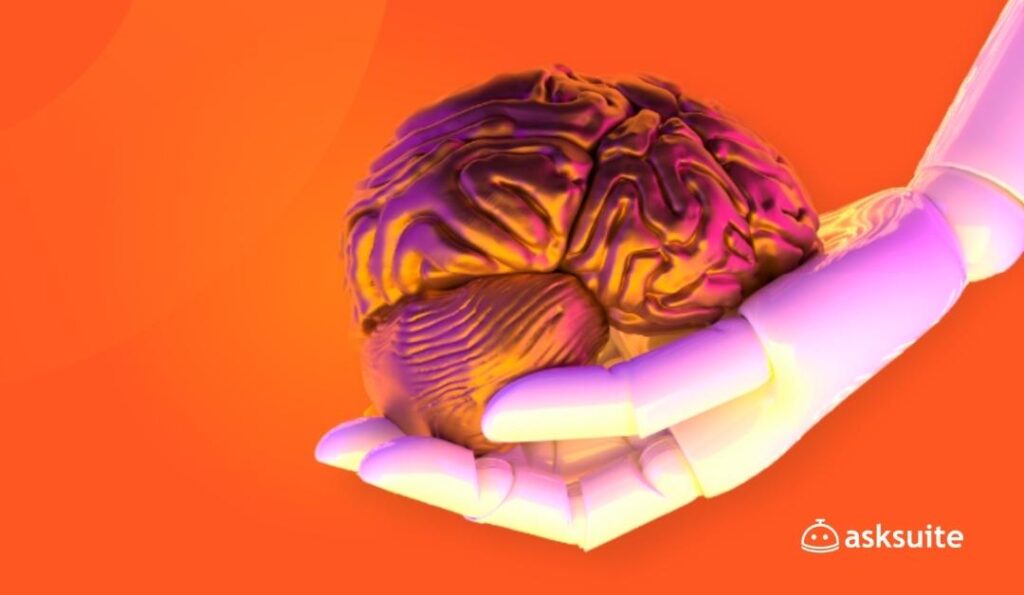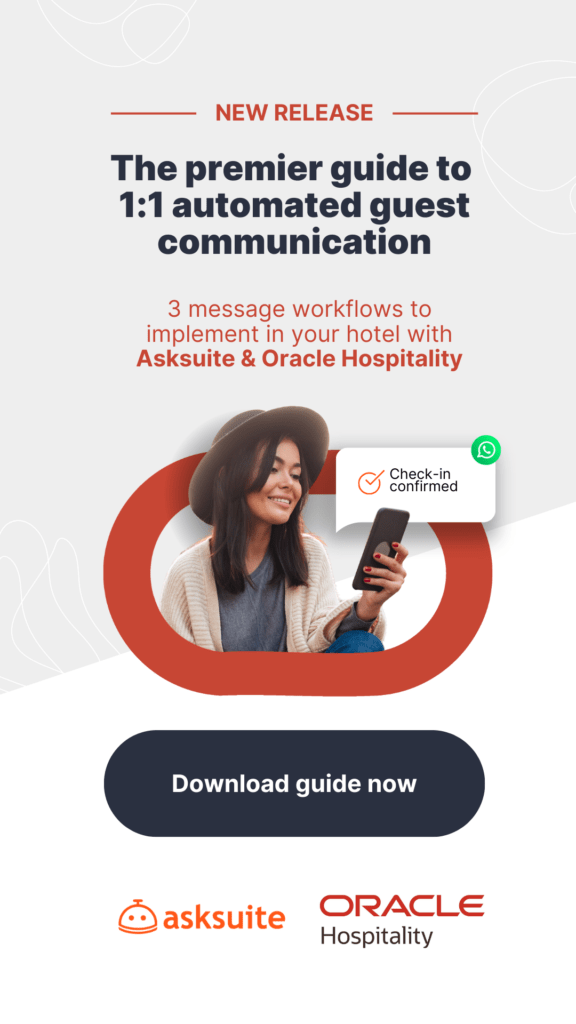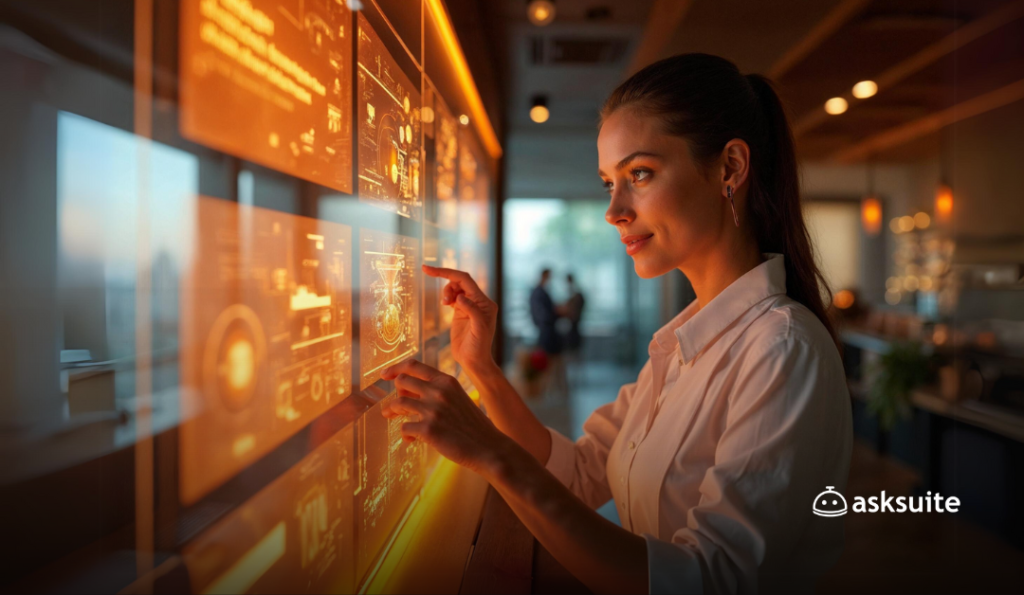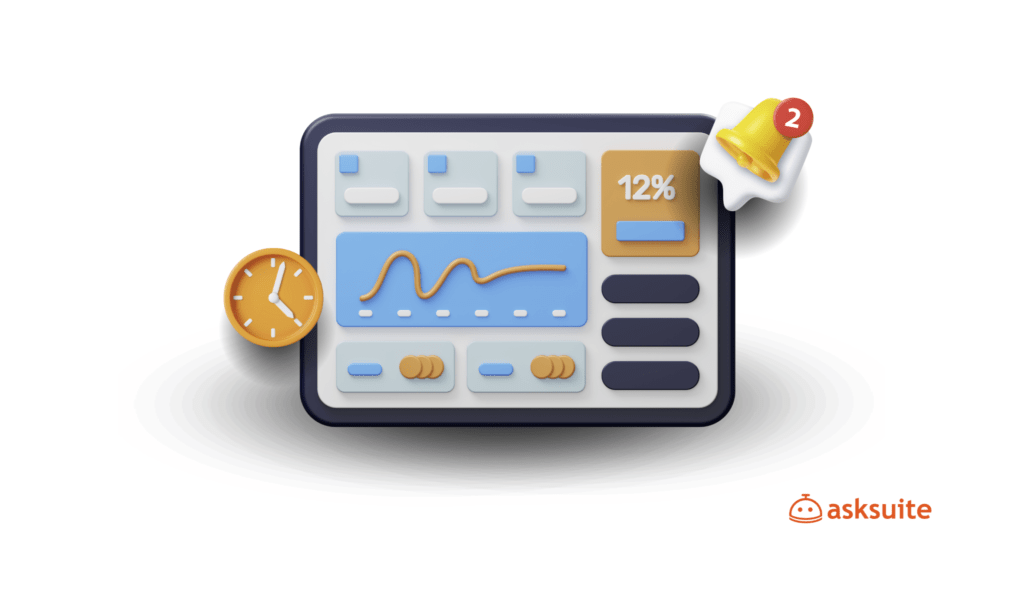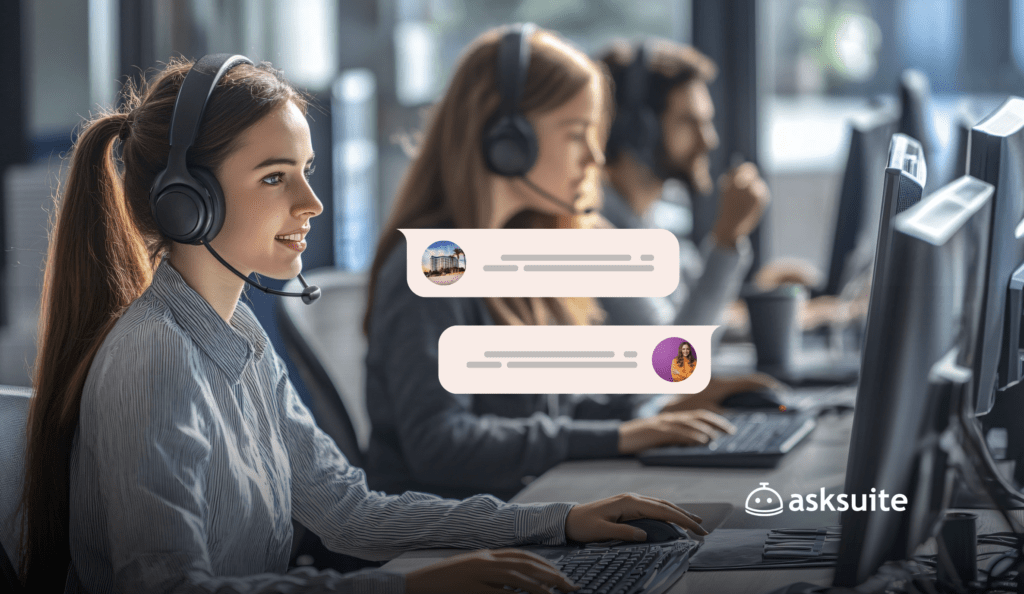We sure do like to tell ourselves how very unique we are. Yet, behavioral scientists like Robert B. Cialdini, author of Influence: The Psychology of Persuasion, were able to prove that we’re actually quite similar. And in practical terms, we can get the same results with different people by pushing the right buttons.
What Cialdini first defined as the principles of influence have now been popularized as buying triggers, sales action triggers, and marketing mental triggers, among others. And the list of triggers has grown quite a bit since the publication of his first book in 1984.
The art of persuasion
Psychological triggers persuade people to make decisions, therefore helping accelerate any sales process. Different triggers work in layered behavioral levels, which we’re about to explore.
As you can imagine, triggers are absolutely relevant to the hospitality industry. With online travel agencies like Booking.com investing more than $10 billion in marketing efforts in the last three years, it’s up to hotels to explore behavioral tools to gain an edge.
Marketing has indeed become a race for the most clever, efficient, and profitable ways to nudge customers toward the buying decision.
How many are too many?
There’s no one way to explore customers’ impulsive behavior or the number of triggers you’re expected to use. Many examples we gathered in this article include more than one trigger.
Remember, triggers don’t cancel each other out. As a rule of thumb, when used correctly, the more triggers, the higher the buying impulse.
So, let’s dive into successful buying triggers you can use on different channels to give travelers the push they need to complete the booking cycle.
Time
The idea of getting the same things done in less time is very appealing to most people. Because in a world overloaded with information, every second counts.
If you think about the booking cycle logically, it’s obvious that some steps are more exciting than others, and those are the tricky moments when hotels can lose the deal.
Convincing the hard-won traveler that your process will be friction-free is a sure way to keep them hooked. Here is an example from PayPal using the time trigger:
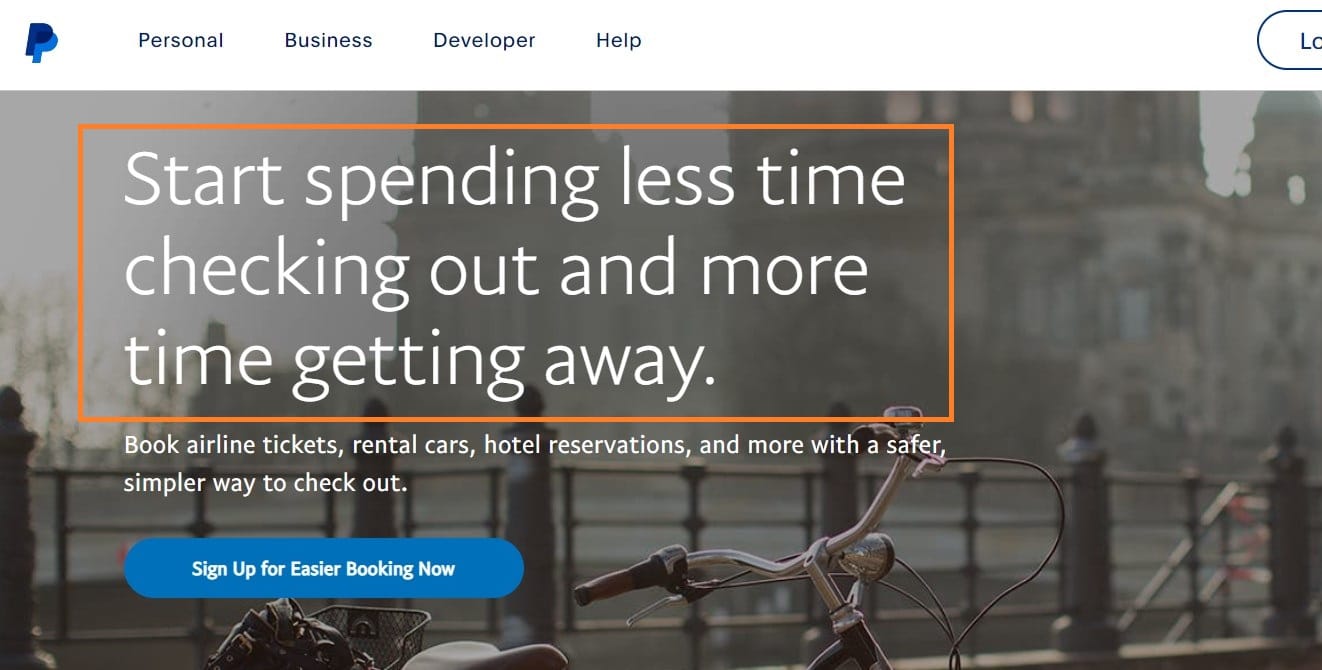
(SOURCE)
The way PayPal explored this trigger works wonderfully in the hospitality context. While envisioning a sunny retreat can be quite thrilling, deciding the number of nights, meals, transportation costs, and budgeting can be very stressful for travelers.
So, PayPal makes it clear that delivering a hassle-free experience is a priority. You can do the same on multiple channels, such as email marketing, your website, phone calls, and social media.
Now, let’s say your property bets on the recluse/withdrawn experience, or perhaps you’re just a long way from the airport. While what you have to offer can be appealing to most people, some may be unwilling to spend extra travel time to get to a hotel.
Wildlife, a historical landmark, bird-spotting, or an unforgettable sunset can be used to showcase everything travelers will see on the way to you. Most importantly, don’t forget to emphasize that they can do it all in less than an hour.

(SOURCE)
Those are just some examples of the many ways you can use a time trigger. Another possibility is to train your agents to say:
- “This will just take a few seconds.”
- “We can do it in no time.”
- “This is the fastest way for me to…”
- “I can wrap this up with a confirmation email”
Speed up your customer service with Asksuite’s omnichannel service platform. It helps operators see everything they need on a single screen and delivers a seamless experience that converts bookings.
Scarcity
While the time trigger creates a sense people are gaining something, the scarcity trigger has the opposite effect. This trigger also creates a sense of urgency that can simply close the deal for hotels. Look at how Booking.com, American Airlines, and the Insider use the scarcity trigger:
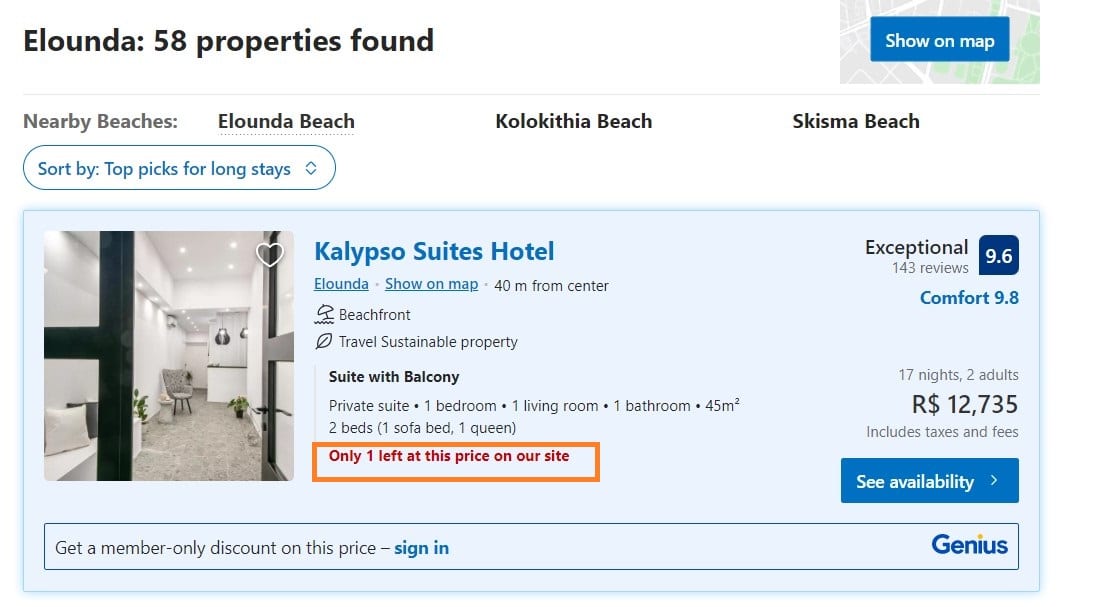
(SOURCE)
This offer from Booking.com definitely plays with people’s FOMO (fear of missing out). Knowing there is only one opportunity to grab this suite at this cost for 12 nights makes moving to the next stage a must.
You can definitely add this trigger to your website’s booking engine. And if you announce deals on social media, never forget to show it’s for a limited time and that only early birds get the worm.
American Airlines did just that by adding a countdown to their offer. It might not sound as terrifying as only one room left, but it certainly makes travelers question if they’ll have time to visit this page later before the offer expires.

(SOURCE)
Now, the Insider’s announcement plays with scarcity, value for one’s money, and FOMO. It tells customers they can get a Travelocity Gift Card where $50 buys a $100 hotel stay, but they only have a few hours left to get it.
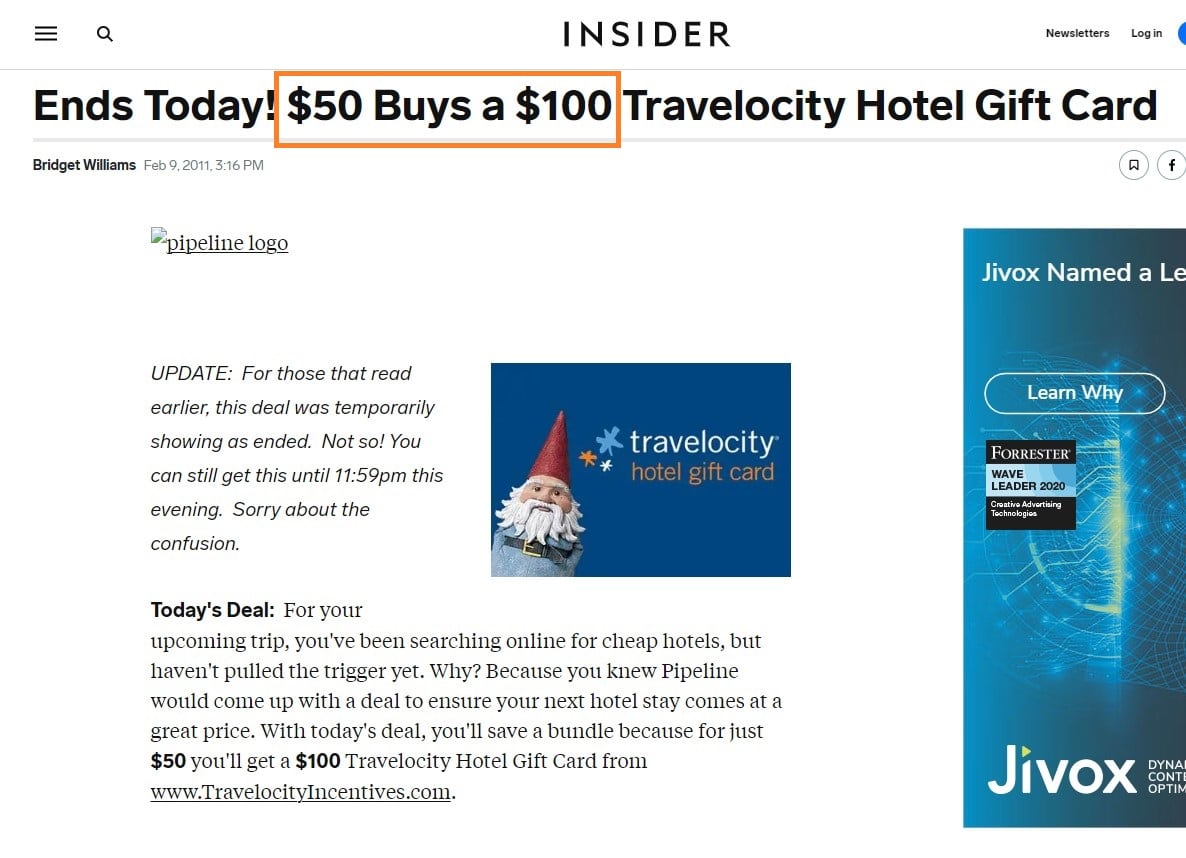
(SOURCE)
Hotels can use this trigger in many ways, social media especially. It certainly works well with room availability and deals, but there are more ways you can use it in different channels and marketing strategies:
- Announce gala events with limited-time tickets.
- Partner with local restaurants for breakfast or dinner deals and add them to your website.
- Create SMS campaigns with a registering window.
- Add limited, all-inclusive deals to your newsletter with a countdown.
Instant reward & reciprocity
Instant rewards tend to disarm people’s objections because it makes them feel there is an instant prize that matters more. Disney explores that well—a few more clicks, and customers get to enjoy a great selection:
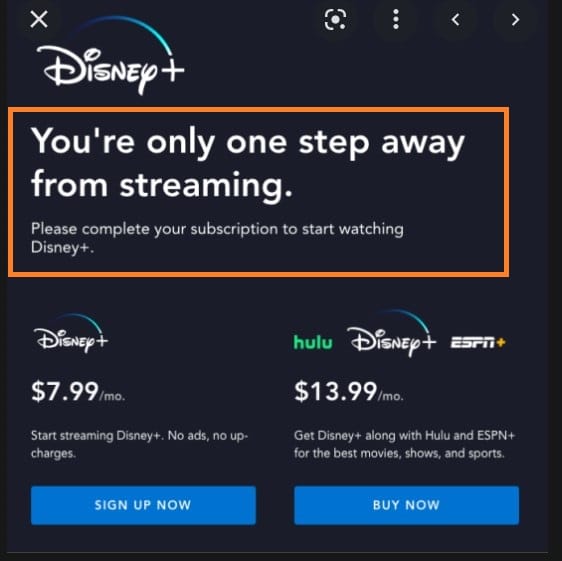
(SOURCE)
Adding this trigger to your virtual assistant or website is a great way to make travelers start experiencing the stay way before they leave their homes. If they see themselves in your hotel, you’re halfway there.
Offering cash back and earning points or bonuses are ways you can get people to engage on Facebook, Instagram, your website, and newsletters. Below is an inspiring example from Tada. So, strategize what works for each campaign and start making travelers happy!
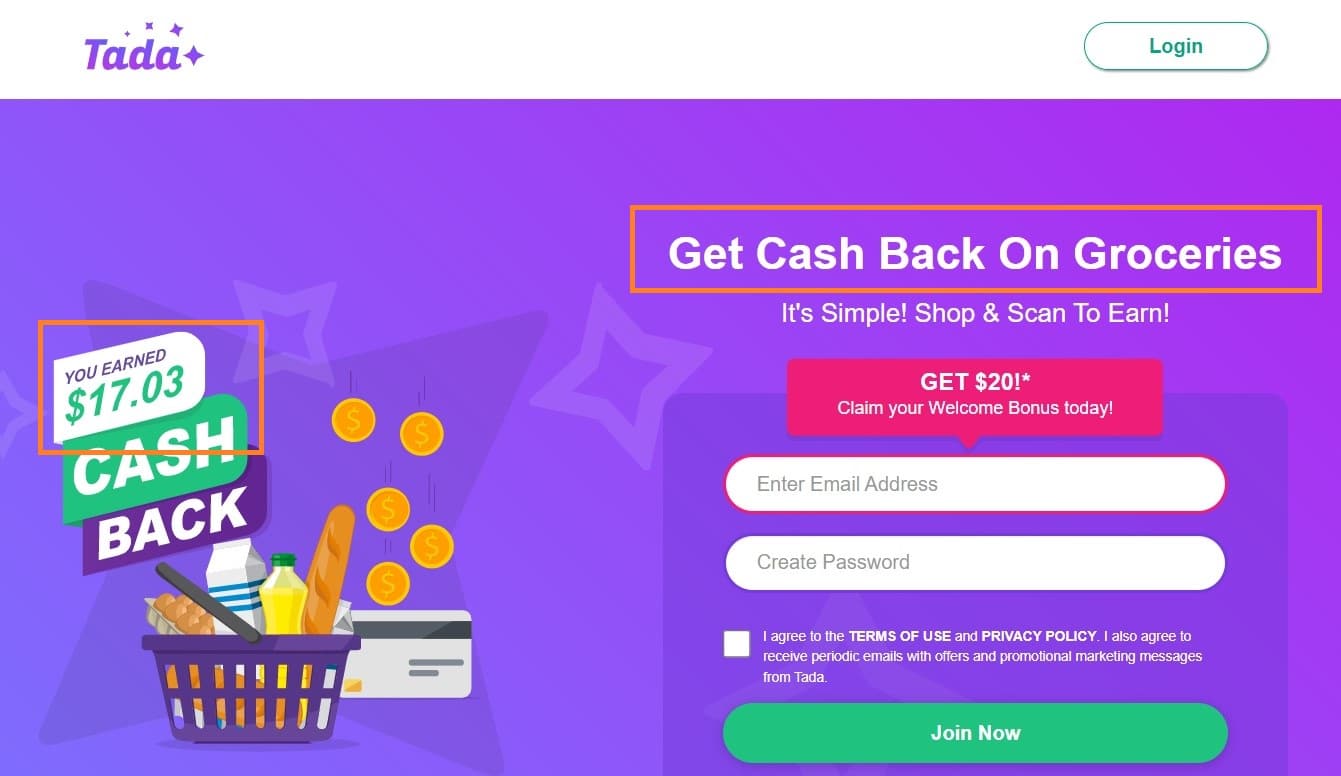
(SOURCE)
The psychology of free
People simply can’t resist the word free. Studies have shown how powerful the word free is when compared to, for example, something costing $0.01, even if what is being offered at the cost of a penny is infinitely better:
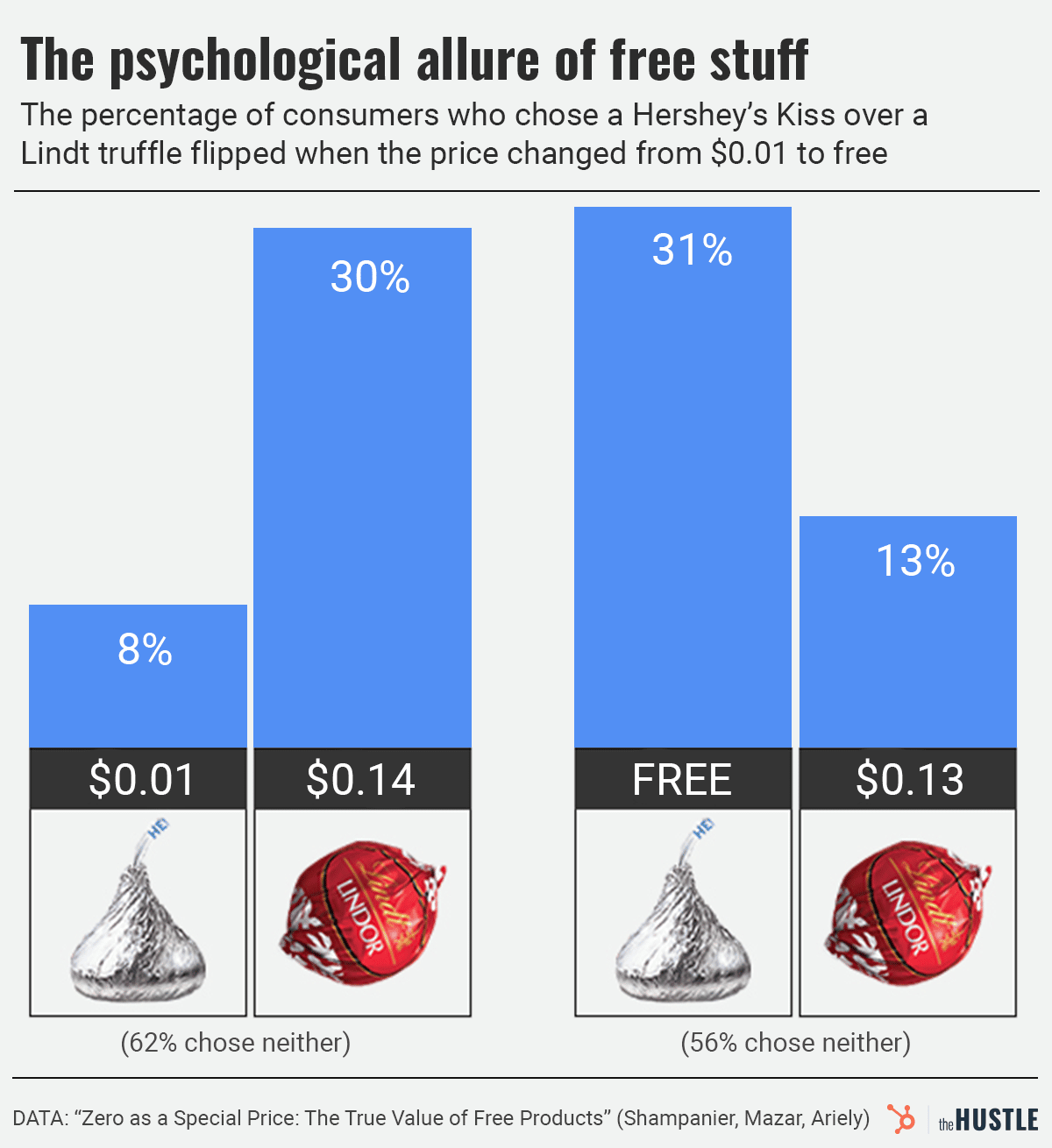
(SOURCE)
And what is more interesting is that free doesn’t even have to come without strings attached. You can offer free stuff included with a purchase, and travelers will still feel they’re getting a good deal. Look at what Apple does:
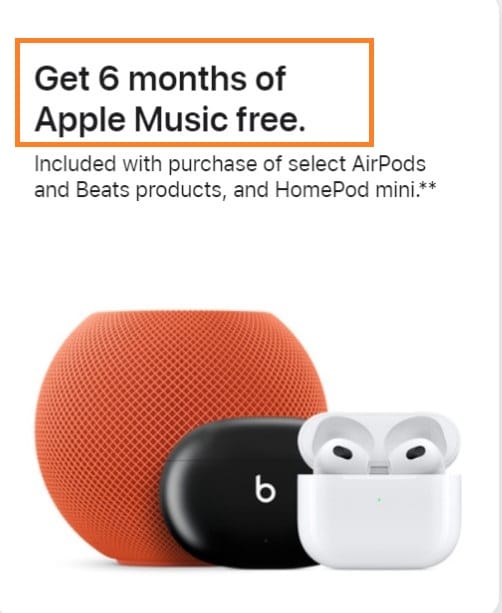
(SOURCE)
The products advertised here aren’t cheap, but the idea of getting unlimited Apple Music is enough to make this look very alluring. However, when you think about it from the tech giant’s perspective, the cost of offering this is probably embedded in the price. At the very least, the cost is inconsequential compared to what they charge for the products.
When this trigger is used well, it’ll stir up people’s natural inclination toward reciprocity. In other words, you give people something, and they instantly feel obliged to “pay back” or feel indebted to you. With reciprocity, travelers tend to accept what’s offered with fewer objections.
For example, if your target audience includes families on vacation, offer free stuff for kids. Parents love it, and you can pitch these campaigns using social media, SMS, or your newsletter.
You can also train your reservation team to get people to upgrade with this type of offer—a better suite comes with free tickets to amusement parks. How can they say no? Look at an ad from Legoland:
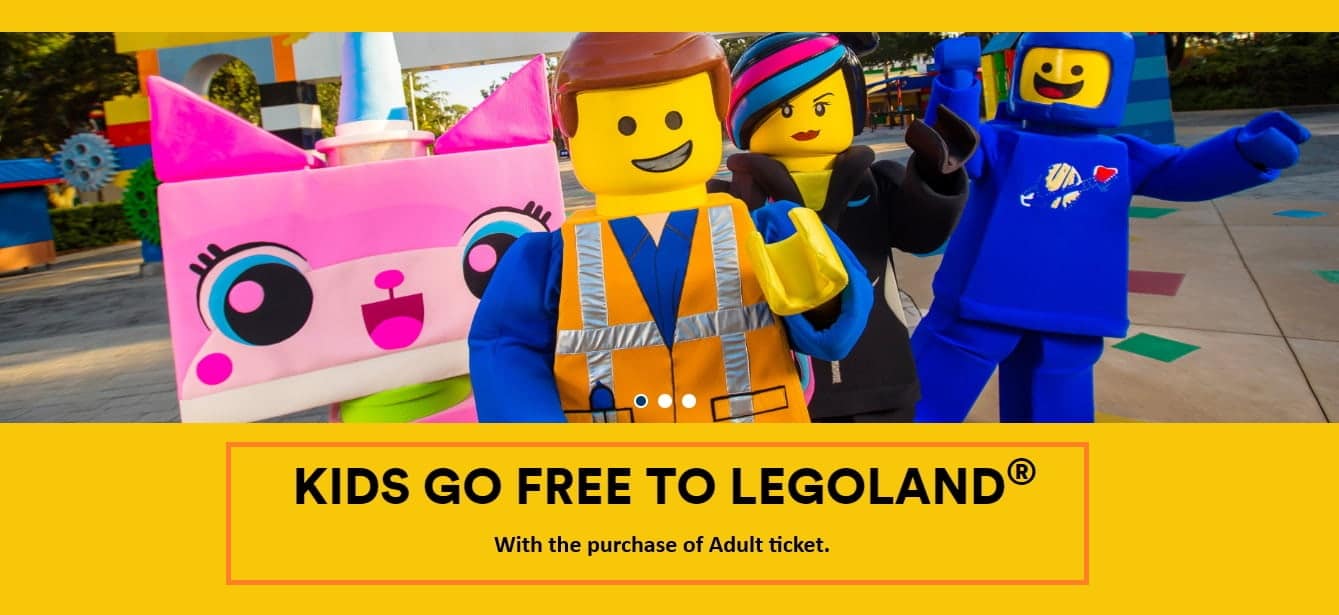
(SOURCE)
Here’s another example to inspire you to use the reciprocity trigger:
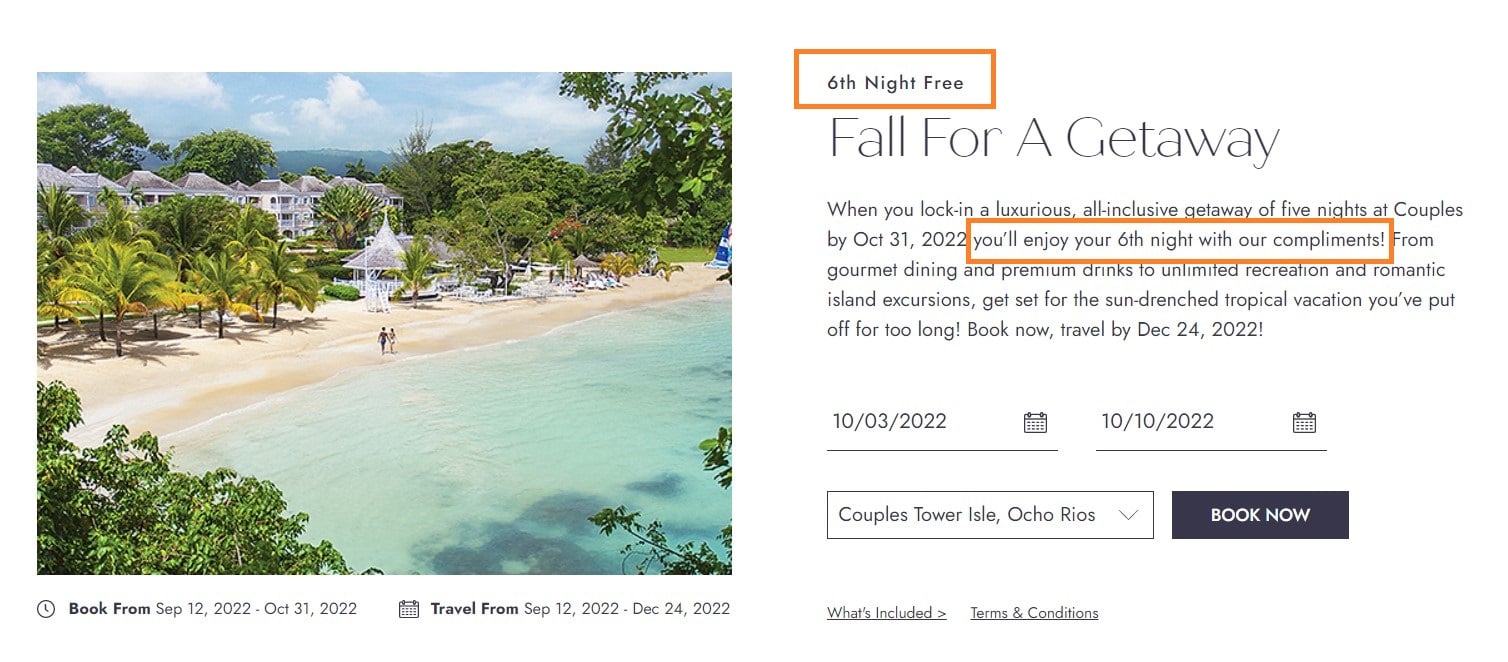
(SOURCE)
Novelty
The novelty trigger is all about excitement. It sparks curiosity and makes people eager to find out more. You can even see what your customers are saying about the novelty on social media and use it to spread the word, like Starbucks did:
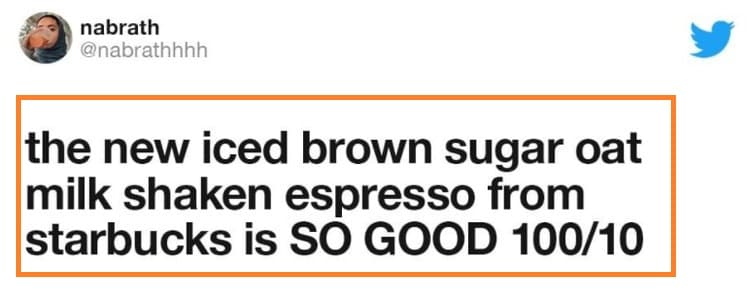
(SOURCE)
Here’s an example of how you can advertise new suites or upgrades with the novelty trigger:
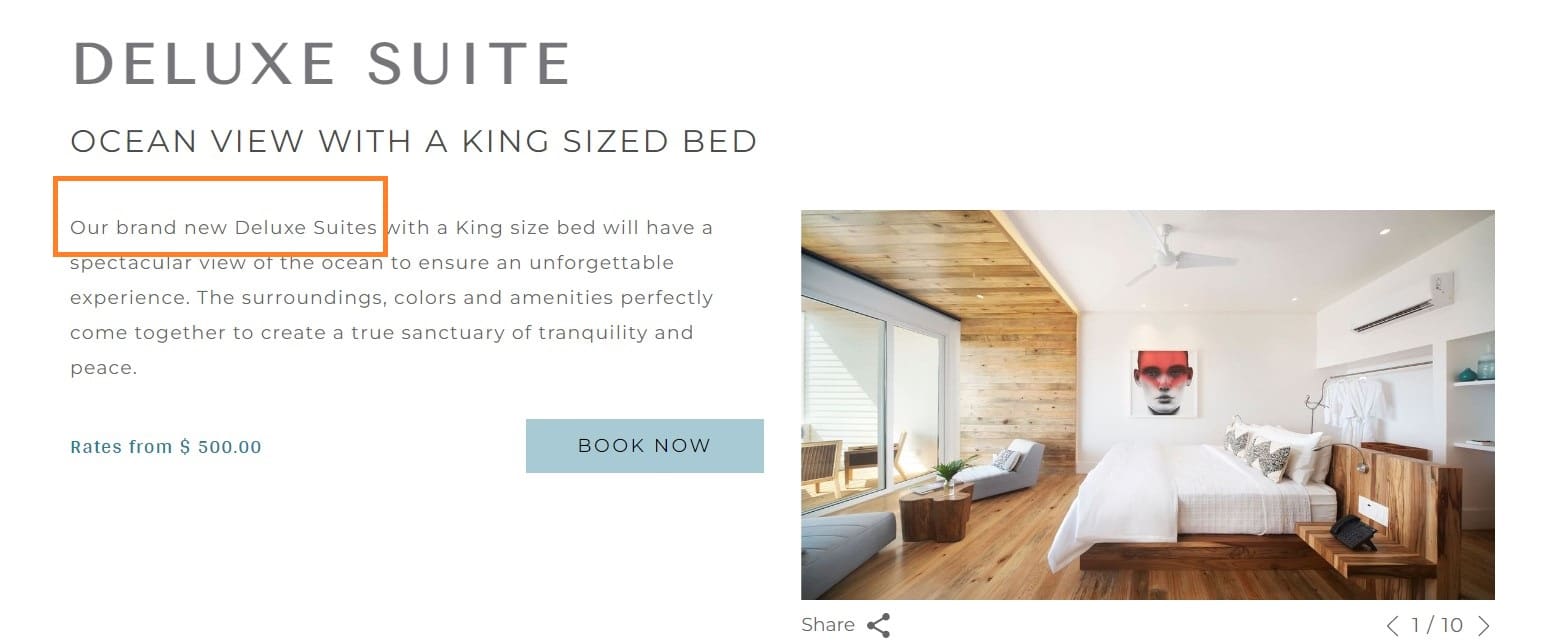
(SOURCE)
Put it up on your website, social media, or newsletter. Call center agents should discourage callers from getting standard and nudge them to enjoy a brand-new suite instead.
This last tip and others were shared by Bruce Jordan in our latest podcast episode titled, Insanely Useful Reservation Tips with Bruce Jordan. If you want to learn more tips from Bruce, hit play below!
Loft also created a sense of expectation about what they are preparing for Black Friday. Customers instantly understand great deals are coming their way.
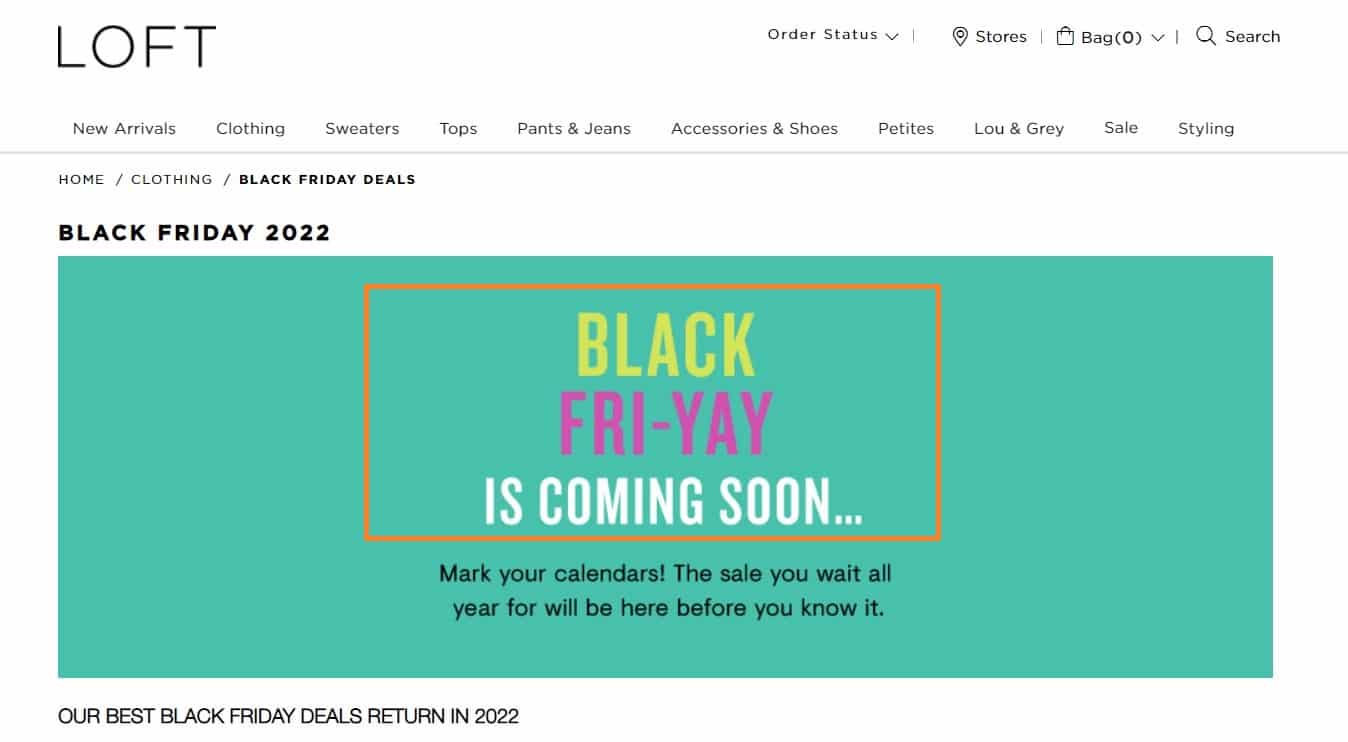
(SOURCE)
If you use this trigger on your website, people will keep checking in just to see what the deal is all about (literally), and you can add sneak peeks to drive them wild. Social media is also a great channel to explore the novelty trigger.
Exclusivity & unity
People love to feel part of something bigger and have a sense of belonging. And this trigger works wonderfully for hotels because you can make travelers feel as if they’re getting exclusive bonuses by becoming a part of your “club”.
Look at how Marriott BonVoy explored this trigger. Members get exclusive, free, and earn benefits:
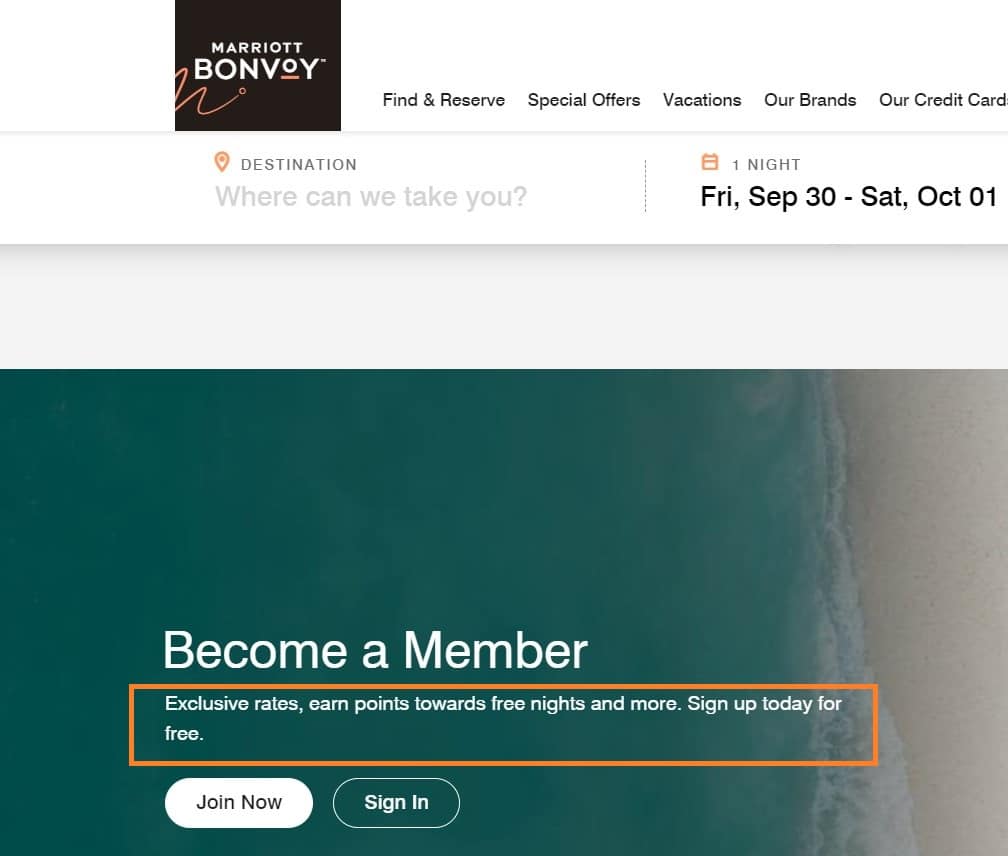
(SOURCE)
Costco uses this trigger well. If you’re a member, you get exclusive access to unique products and travel deals. It makes people feel like they could be an insider. Or, if they’re not a Costco member, they can feel left out and forgotten, triggering their fear of missing out (FOMO).

(SOURCE)
Social proof
We do it all the time, checking Instagram to see what people have to say about an experience. We like to learn others’ opinions before deciding what to buy, and this has led to an increase in testimonials, reviews, and rankings over the last few years.
TripAdvisor highlights the best destinations according to other travelers on their website. What best social proof can an adventurer get?
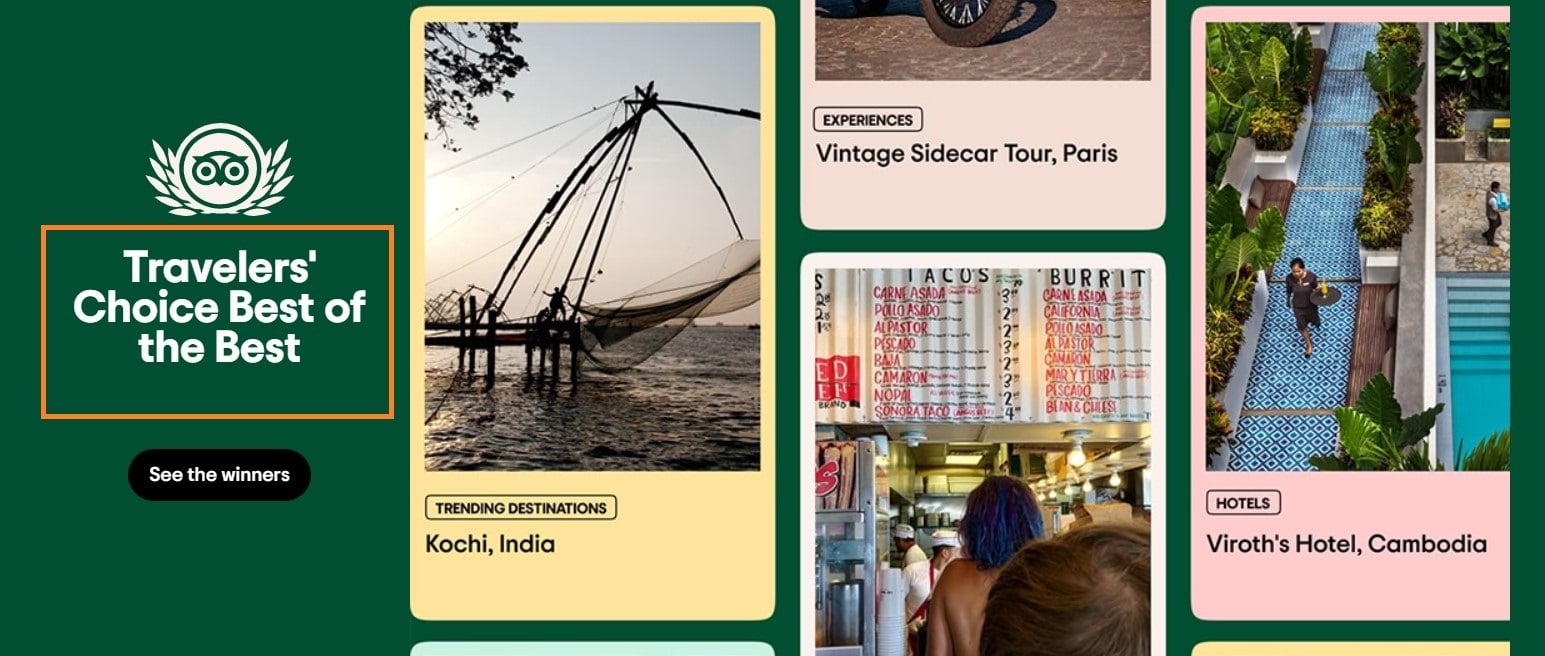
(SOURCE)
Besides beautiful images showing off the location, Airbnb wastes no time telling travelers that their host is “super”. And if there is any doubt about what being a superhost means for Airbnb, the explanation comes right after—someone experienced, committed, and that other travelers have verified.
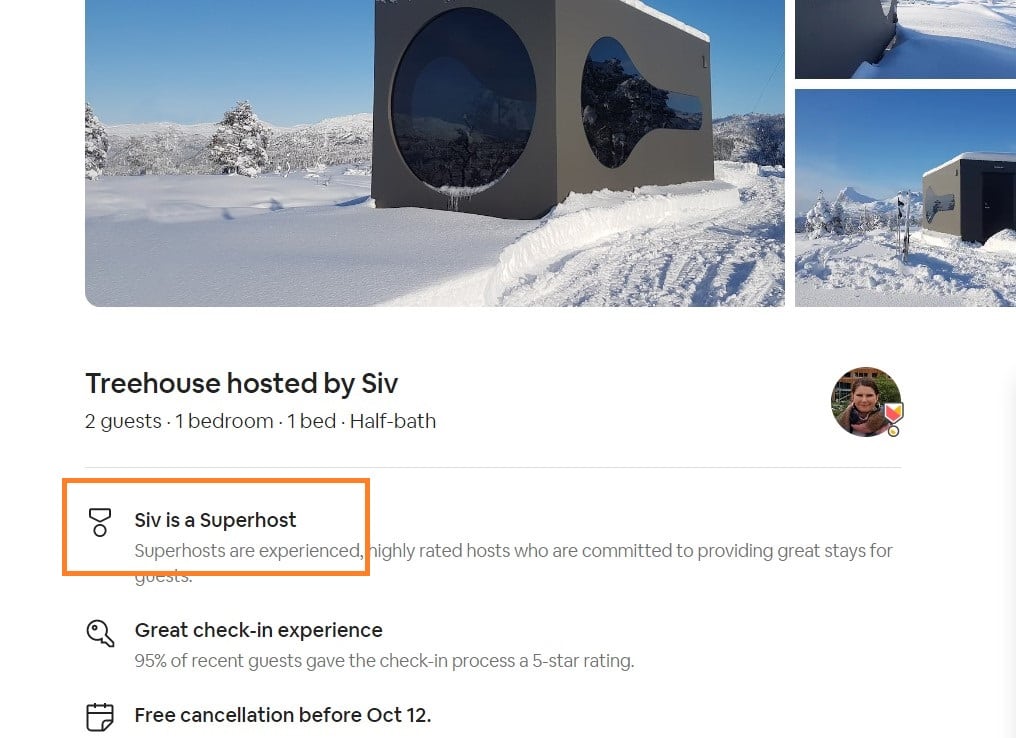
(SOURCE)
Asksuite uses social proof triggers integrated into online reputation software. Travelers probing the bot for good prices get to see what other travelers have to say about your hotel. Take a look:
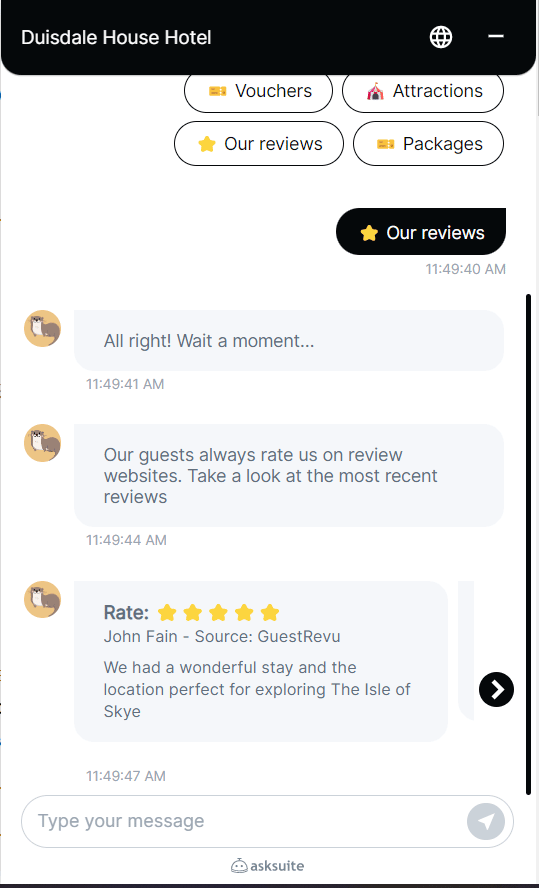
Have a shot at buying triggers
Now that you know what buying triggers for hotels look like and the different ways you can use them on different online channels, it’s time to practice! Always keep an eye out for these triggers as you visit other websites and social media, this will help you get creative and come up with great ideas.
Keep in mind that crafting the perfect buying triggers takes practice, and some triggers may work better with your audience than others. Want to give it a try? Which other triggers could you spot in the examples we shared? Write them in the comments:
Starved for more? Our newest Hotel Website Kit is a resourceful list packed with everything you need to know to rock your hotel website. Click on the image below to see the full list and make direct reservations go sky-high!
